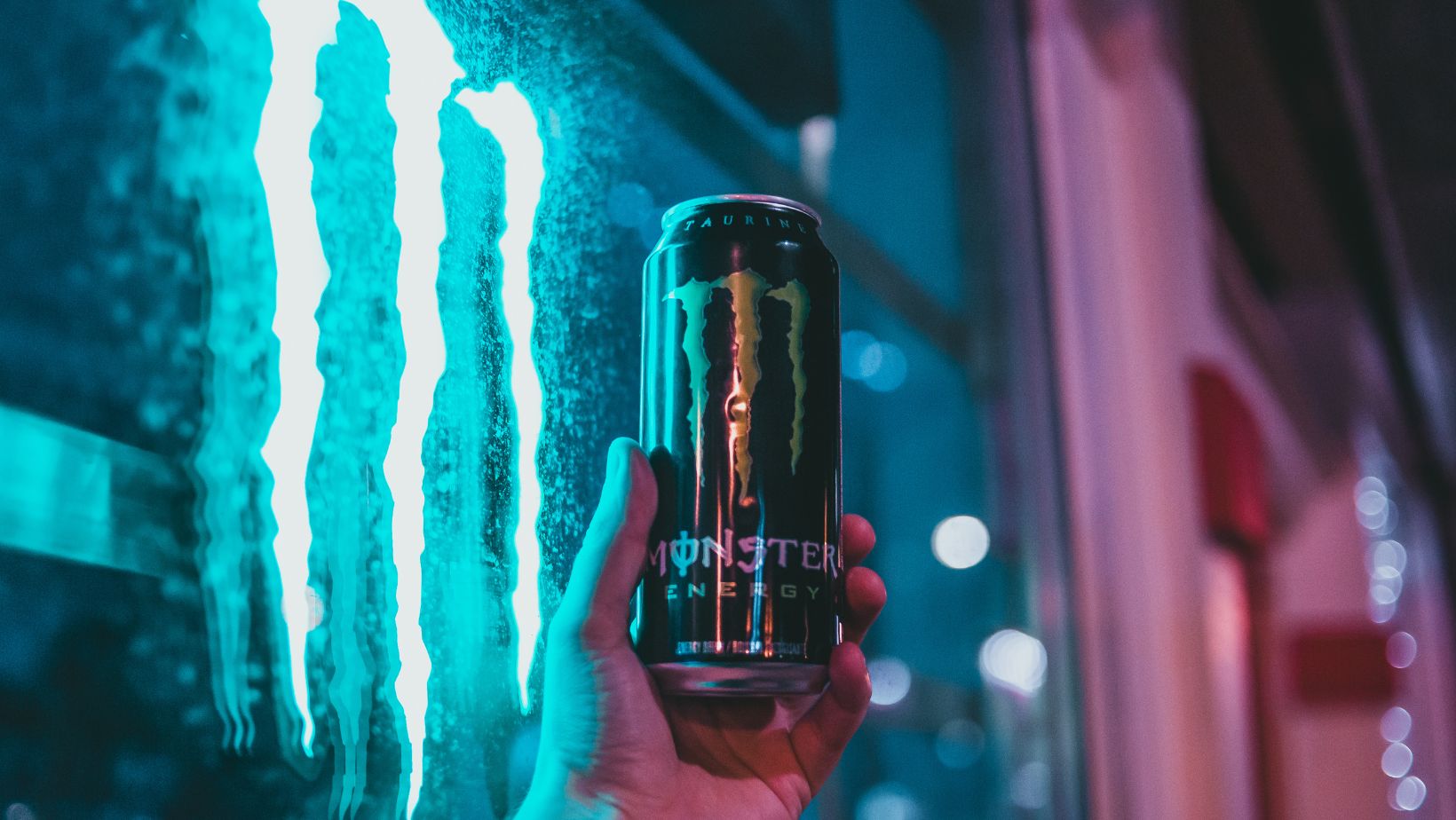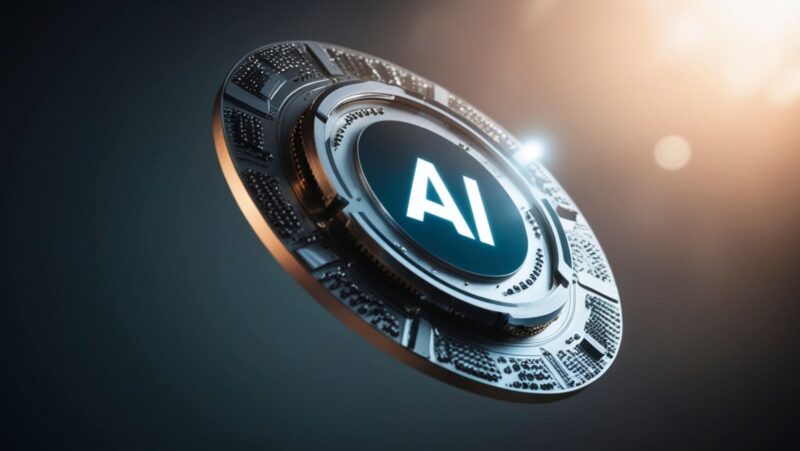
What is True about Energy Drinks and Mixers
As someone who has extensively researched and written about the topic of energy drinks and mixers, I can confidently say that there are several important facts to consider. First and foremost, it’s crucial to understand that energy drinks are beverages that typically contain high levels of caffeine and other stimulants. These drinks are often marketed as a way to boost energy levels and enhance performance. However, it’s important to note that excessive consumption of energy drinks can have negative health effects.
Another key aspect to consider is the potential interaction between energy drinks and alcohol. Many individuals enjoy mixing energy drinks with alcoholic beverages to increase their alertness and counteract the sedative effects of alcohol. However, this can be a dangerous combination as the stimulant effects of energy drinks can mask the depressant effects of alcohol, leading to increased risk-taking behaviors and impaired judgment.
What are Energy Drinks?
Definition of Energy Drinks
Energy drinks are beverages that are specifically formulated to provide a boost of energy and increase alertness. They contain high levels of caffeine, as well as other stimulants such as taurine, guarana, and ginseng. These drinks are often marketed as a way to enhance physical and mental performance.
Ingredients in Energy Drinks
Energy drinks typically contain a combination of ingredients that work together to provide the desired effects. Some of the common ingredients found in energy drinks include:
- Caffeine: This is the primary ingredient in energy drinks and is responsible for the stimulant effects. Caffeine acts on the central nervous system to increase alertness and reduce fatigue.
- Taurine: Taurine is an amino acid that is naturally found in the body. It is believed to have a role in regulating energy levels and improving athletic performance.
- Guarana: Guarana is a plant native to the Amazon rainforest. Its seeds contain high levels of caffeine, which contributes to the energizing effects of energy drinks.
- Ginseng: Ginseng is a root that has been used in traditional medicine for centuries. It is believed to have adaptogenic properties, meaning it helps the body cope with stress and fatigue.
- B-vitamins: Energy drinks often contain a blend of B-vitamins, including B6 and B12. These vitamins play a crucial role in energy metabolism and can help support overall energy levels.
- Sugar: Many energy drinks also contain added sugars, which can provide a quick source of energy. However, excessive consumption of sugar can lead to weight gain and other health issues.
It’s important to note that the specific ingredients and their quantities can vary between different brands and products. Some energy drinks may also include additional supplements or herbal extracts, such as creatine or green tea extract.

Potential Risks and Side Effects of Energy Drinks
High Levels of Caffeine
Energy drinks are known for their high levels of caffeine, which can have several potential risks and side effects. It’s important to understand that energy drinks often contain more caffeine than a cup of coffee. This can lead to an overconsumption of caffeine, which can cause various health problems. Some of the potential risks and side effects of consuming energy drinks with high levels of caffeine include:
- Increased Heart Rate and Blood Pressure: The stimulant effect of caffeine can lead to an elevated heart rate and increased blood pressure. This can be especially concerning for individuals with pre-existing heart conditions or hypertension.
- Jitters and nervousness: Consuming excessive amounts of caffeine can cause feelings of nervousness, restlessness, and even anxiety.
- Sleep disturbances: Due to its stimulating effects, caffeine can interfere with sleep patterns and lead to insomnia or poor quality sleep.
- Digestive problems: Caffeine can act as a diuretic, causing increased urine production and potentially leading to dehydration. It can also irritate the digestive system, resulting in stomach discomfort and acid reflux.
High Sugar Content
Another potential risk associated with energy drinks is their high sugar content. While energy drinks may provide a temporary energy boost, it’s important to note that this energy is derived from sugar, which can have negative effects on health. Some of the potential risks and side effects of consuming energy drinks with high sugar content include:
- Weight gain: The excessive consumption of sugar can contribute to weight gain and obesity. Energy drinks are often consumed alongside a high-calorie diet, further increasing the risk of weight gain.
- Increased risk of chronic conditions: A diet high in sugar can lead to an increased risk of chronic conditions such as type 2 diabetes, heart disease, and metabolic syndrome.
- Tooth decay: The sugar in energy drinks can contribute to tooth decay and cavities. The combination of high sugar content and acidity in these beverages can erode tooth enamel over time.
Dehydration and Electrolyte Imbalance
Energy drinks can also contribute to dehydration and electrolyte imbalances. This is due to their diuretic properties and the fact that they often replace water as a hydration source. Some potential risks and side effects of energy drinks in relation to dehydration and electrolyte imbalance include:
- Increased urine production: The diuretic effect of caffeine can lead to increased urine production, which can contribute to dehydration.
- Electrolyte imbalances: Energy drinks may not contain sufficient electrolytes to replace those lost through sweat and urine. This can lead to imbalances in electrolyte levels, which are essential for proper bodily function.
- Impaired exercise performance: Dehydration and electrolyte imbalances can negatively impact exercise performance and increase the risk of heat-related illnesses during physical activity.
Increased Heart Rate and Blood Pressure
Consuming energy drinks can also lead to an increase in heart rate and blood pressure. This is primarily due to the high levels of caffeine and other stimulants present in these beverages. Some potential risks and side effects associated with increased heart rate and blood pressure include:
- Cardiovascular issues: Individuals with pre-existing heart conditions or hypertension may be particularly susceptible to the effects of energy drinks. These beverages can exacerbate underlying cardiovascular issues and increase the risk of heart palpitations, arrhythmias, and even heart attacks.
- Vasoconstriction: The stimulant properties of energy drinks can cause blood vessels to constrict, leading to a temporary increase in blood pressure. Prolonged or excessive consumption of energy drinks can put strain on the cardiovascular system and increase the risk of cardiovascular events.
It’s important to be aware of these potential risks and side effects associated with energy drinks. While they can provide a temporary energy boost, it’s crucial to consume them in moderation and be mindful of their potential impact on health.










